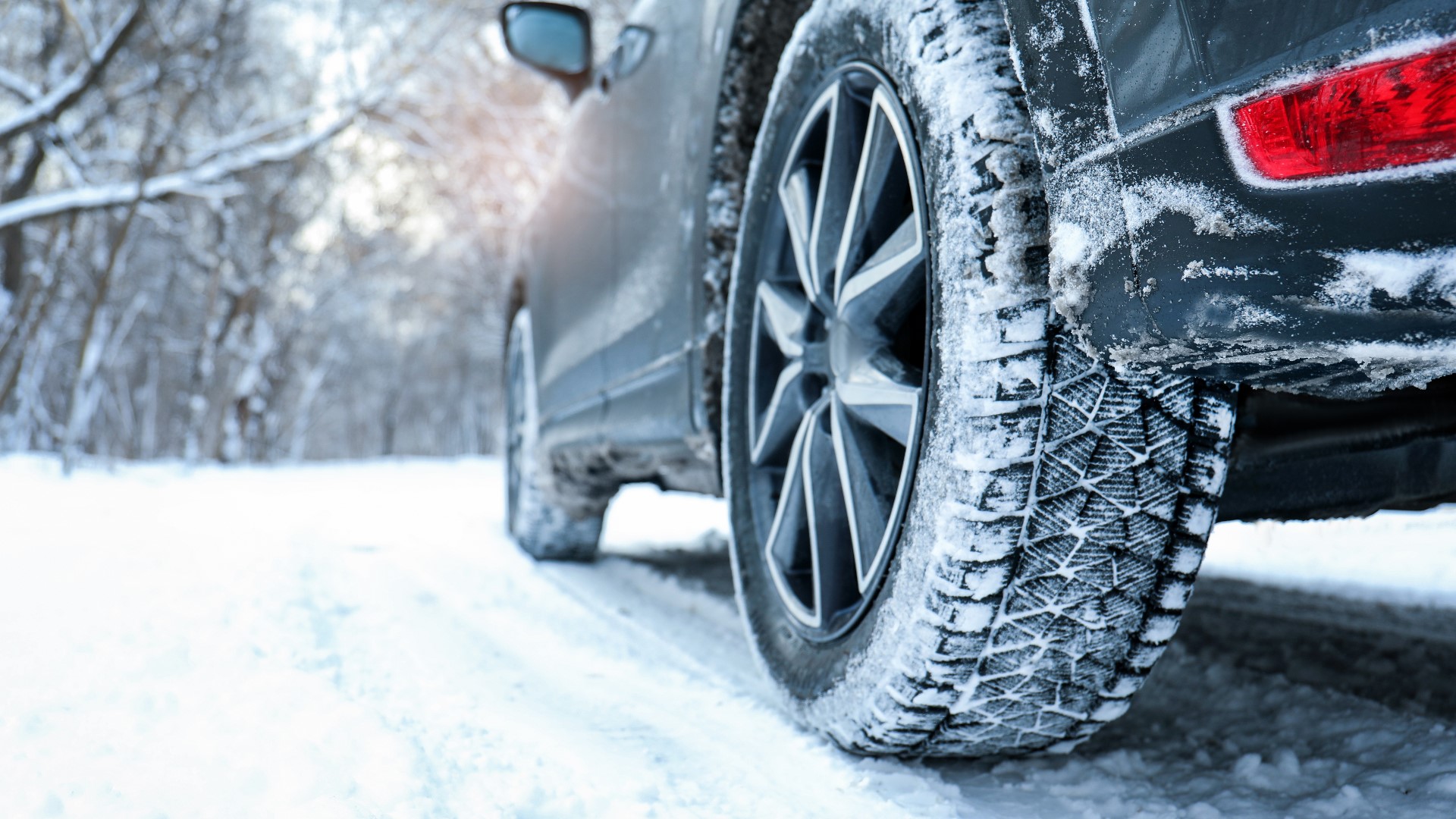YORK, Pa. — Everyone knows the drill this time of year when it comes to scraping ice off the car and blasting the heat to warm up.
But winter weather is more than a nuisance. Research shows that it actually reduces your car's fuel economy.
Dave Clayton, an automotive technician of over 20 years, works at Car Logic of Wrightsville in York County.
“It makes your engine run harder for sure,” he told FOX43 in regards to winter weather.
Clayton says one of the first places you’ll notice the effects of colder temperatures is decreasing air pressure in your tires.
This is just one of many side effects. According to researchers at the Oak Ridge National Laboratory (ORNL), colder air means your car takes longer to reach the optimal temperature to operate most efficiently.
“Colder air and colder weather cause your car to take longer to get into its happy zone in terms of where it likes to operate efficiently,” says Scott Sluder, senior research staff member at ORNL. “And that can be because the fluids in the car are colder, it takes longer to warm them up so they flow well. Your aerodynamics are affected. How stiff your tires are is affected. And all of those are small effects, but they all add up and create a measurable effect when it’s cold on your fuel economy.”
When it comes to your car's aerodynamics in the winter, your car has to work harder to travel through the air. That’s because colder air is more dense, meaning it is more difficult to move out of the way as you drive.
Tests from ORNL show that a conventional gasoline car’s gas mileage is roughly 15% lower at 20 degrees than it would be at 77 degrees.
Add in wintry precipitation, and your car is working even harder.
So how can you improve your fuel economy? You can start with your tires.
“A lot of people don’t check their tires and that is really important for good fuel mileage, keep things running right, keep alignments good,” says Clayton.
Clayton suggests adding an extra two to three pounds per square inch (PSI) of air into your car during the winter to keep them properly inflated. Other tips include not overusing your seat heaters or defrosters and parking your car in a warmer place.
“If you are hauling around a bunch of things, a lot of weight, cargo in your trunk, and you don’t need to, it’s best to take that out,” said Sluder. "If you have things like a bicycle rack or a cargo rack on your car or truck, if you’re not using it it’s best to take it off."
You can find more tips on how to improve your fuel economy on the US Department of Energy’s website.

